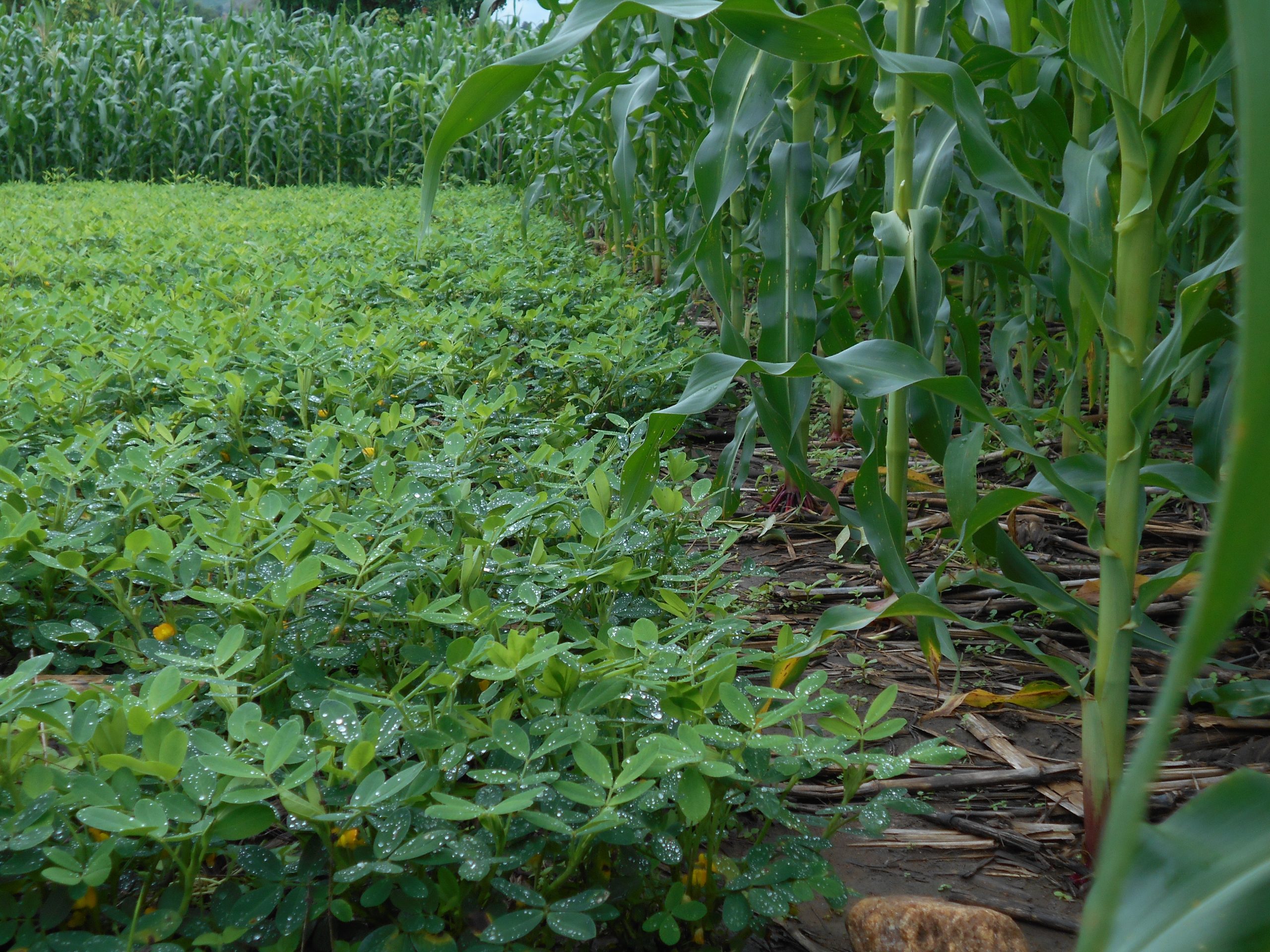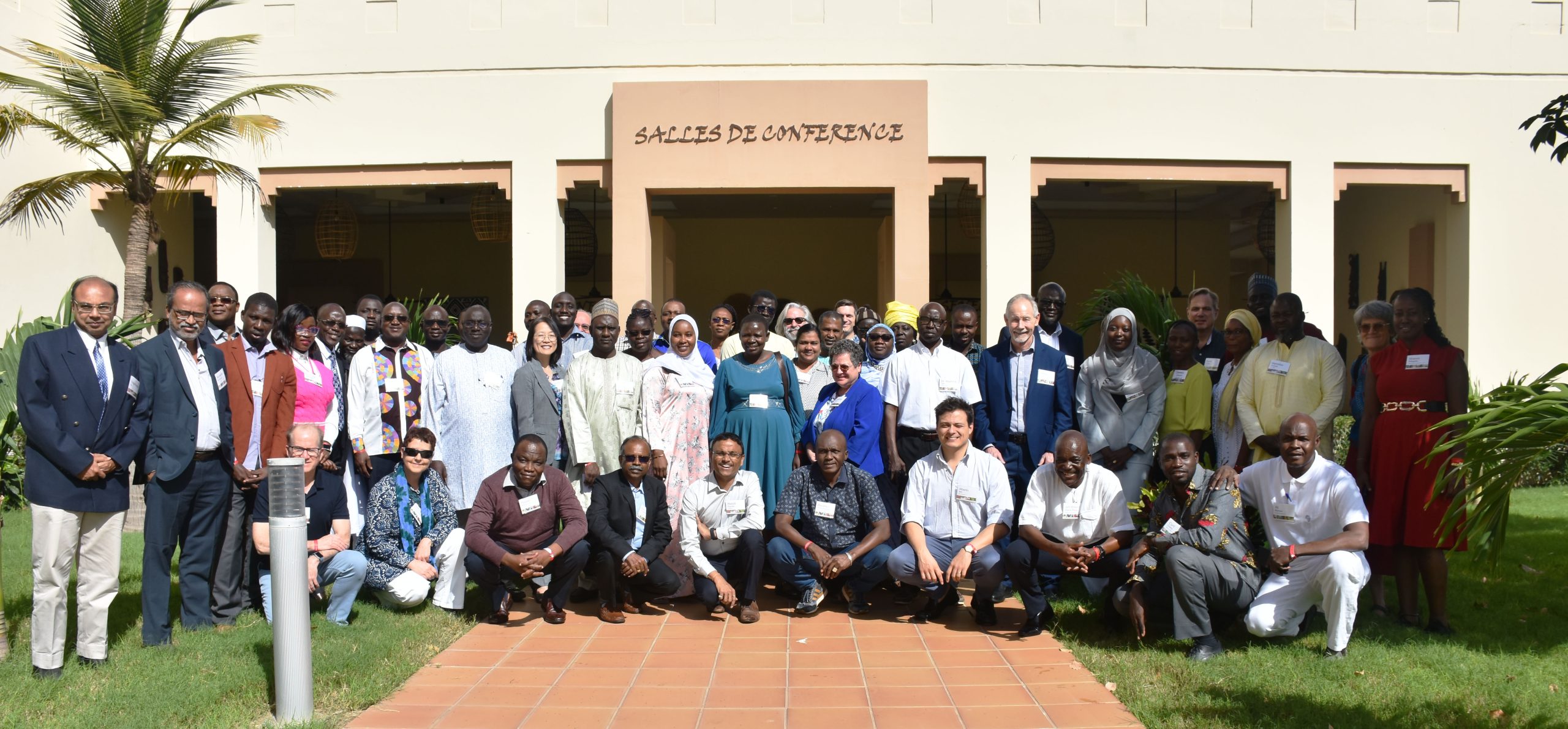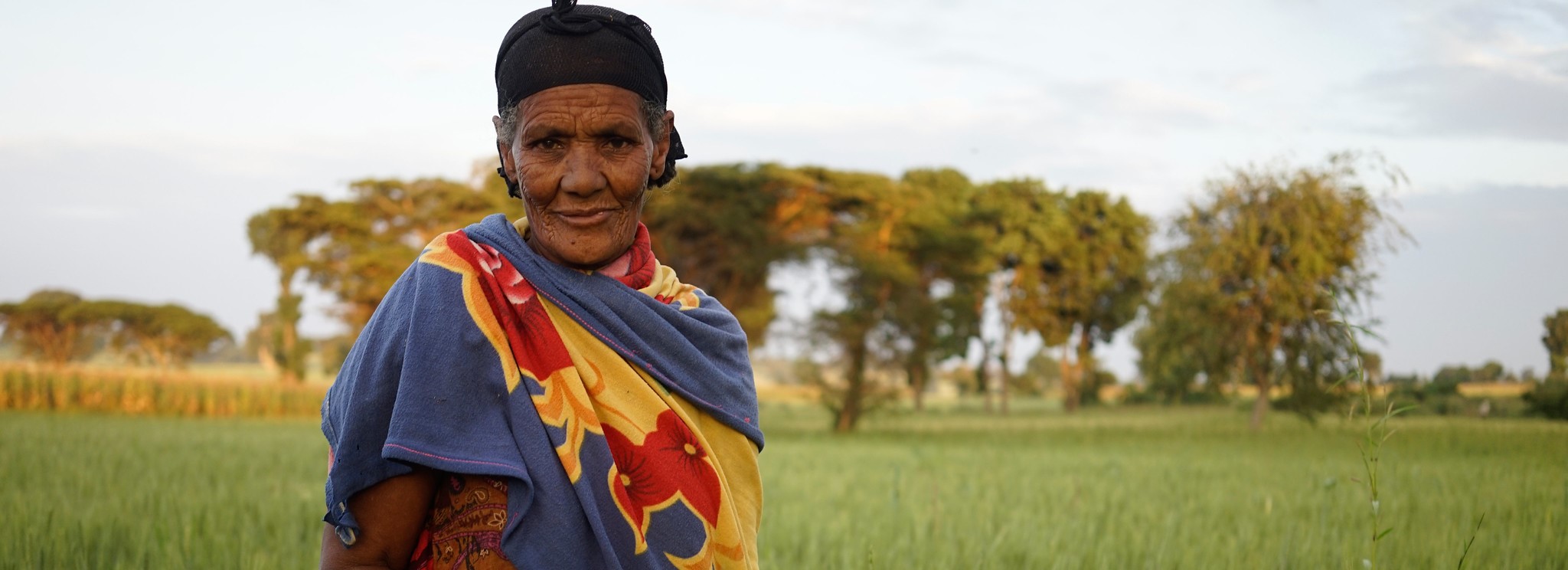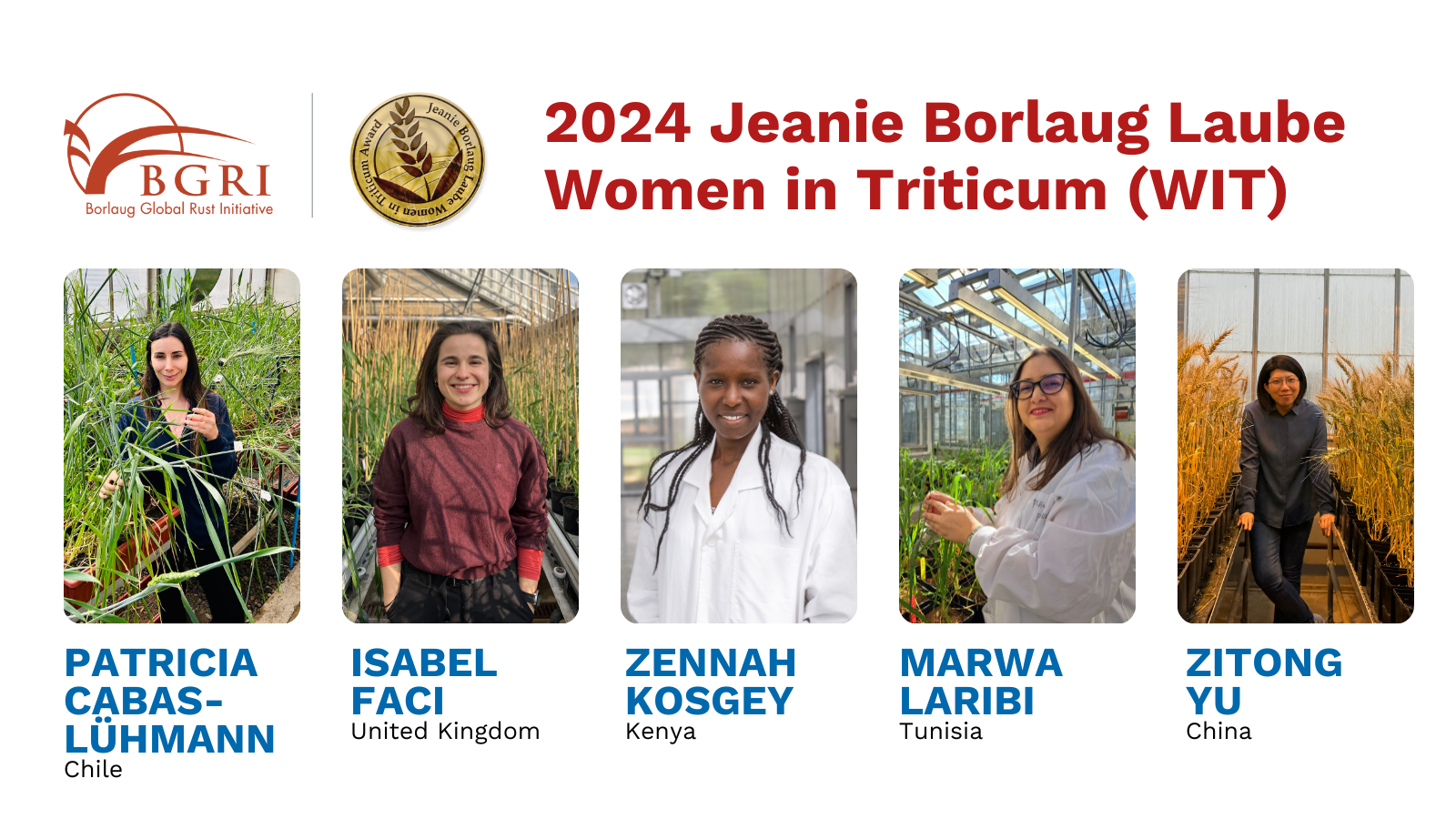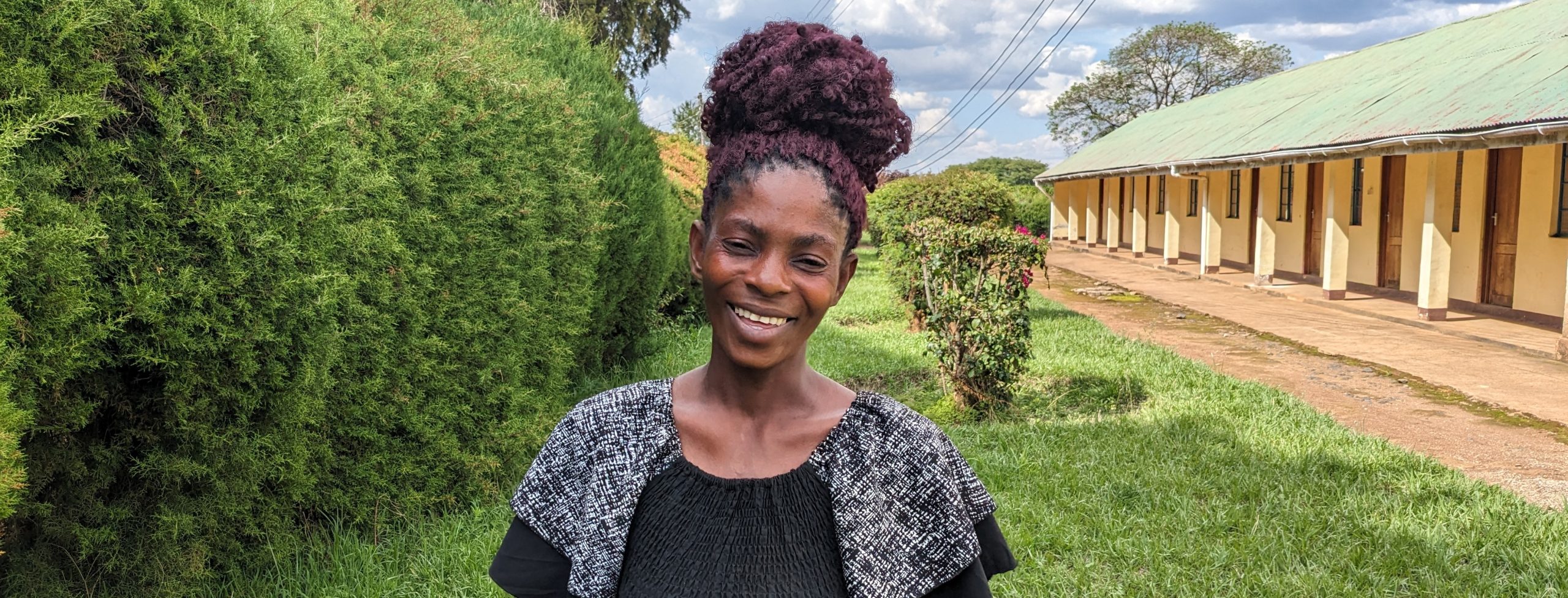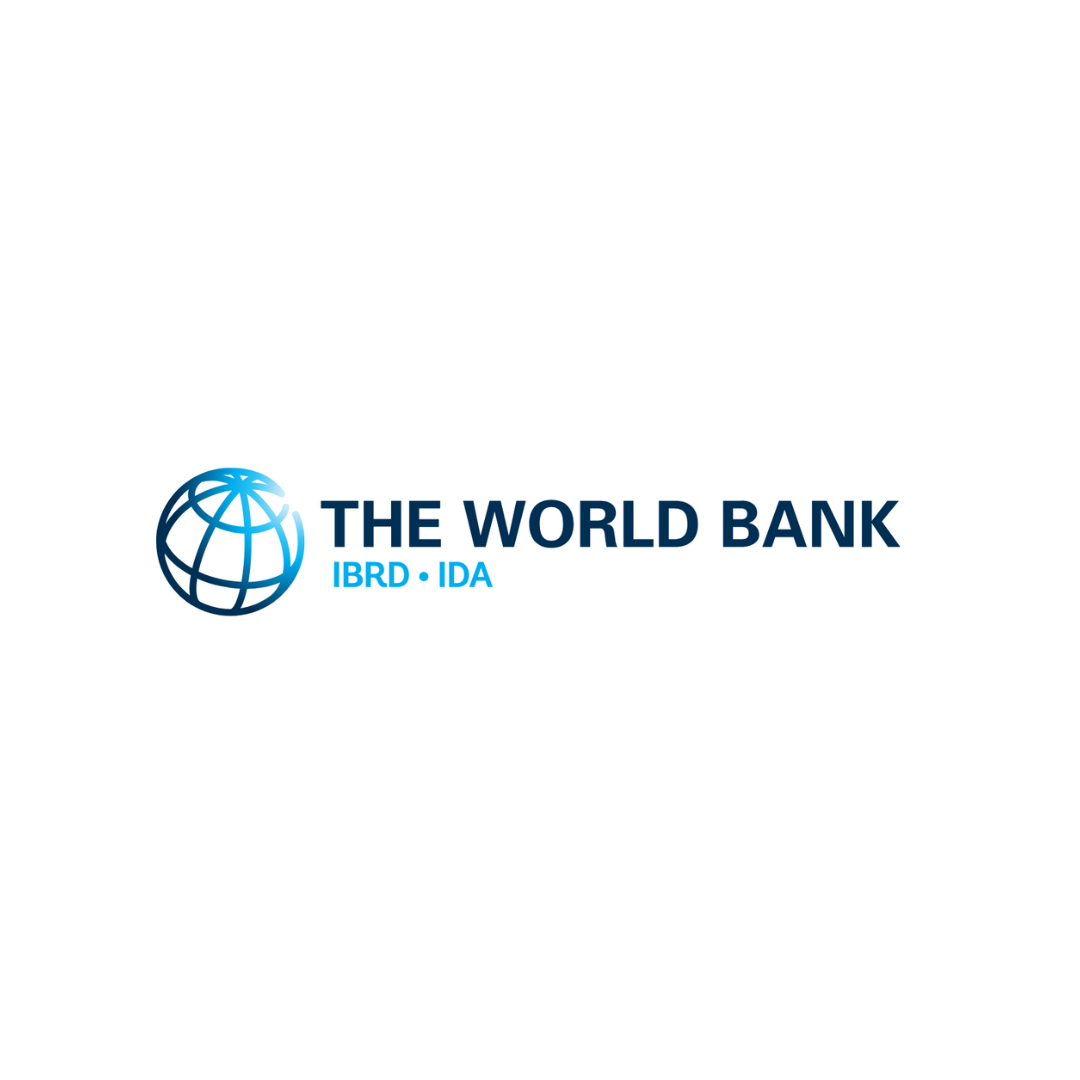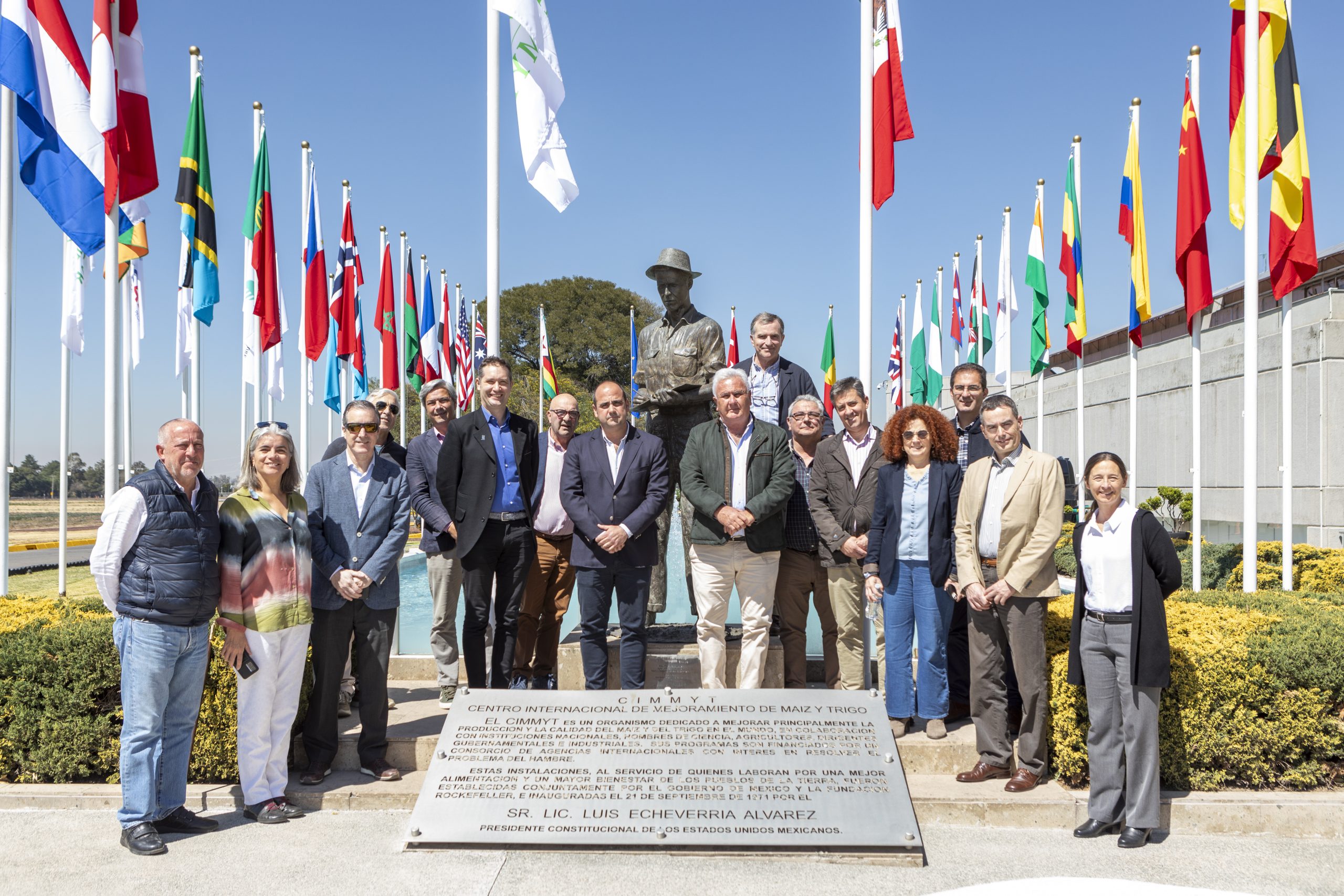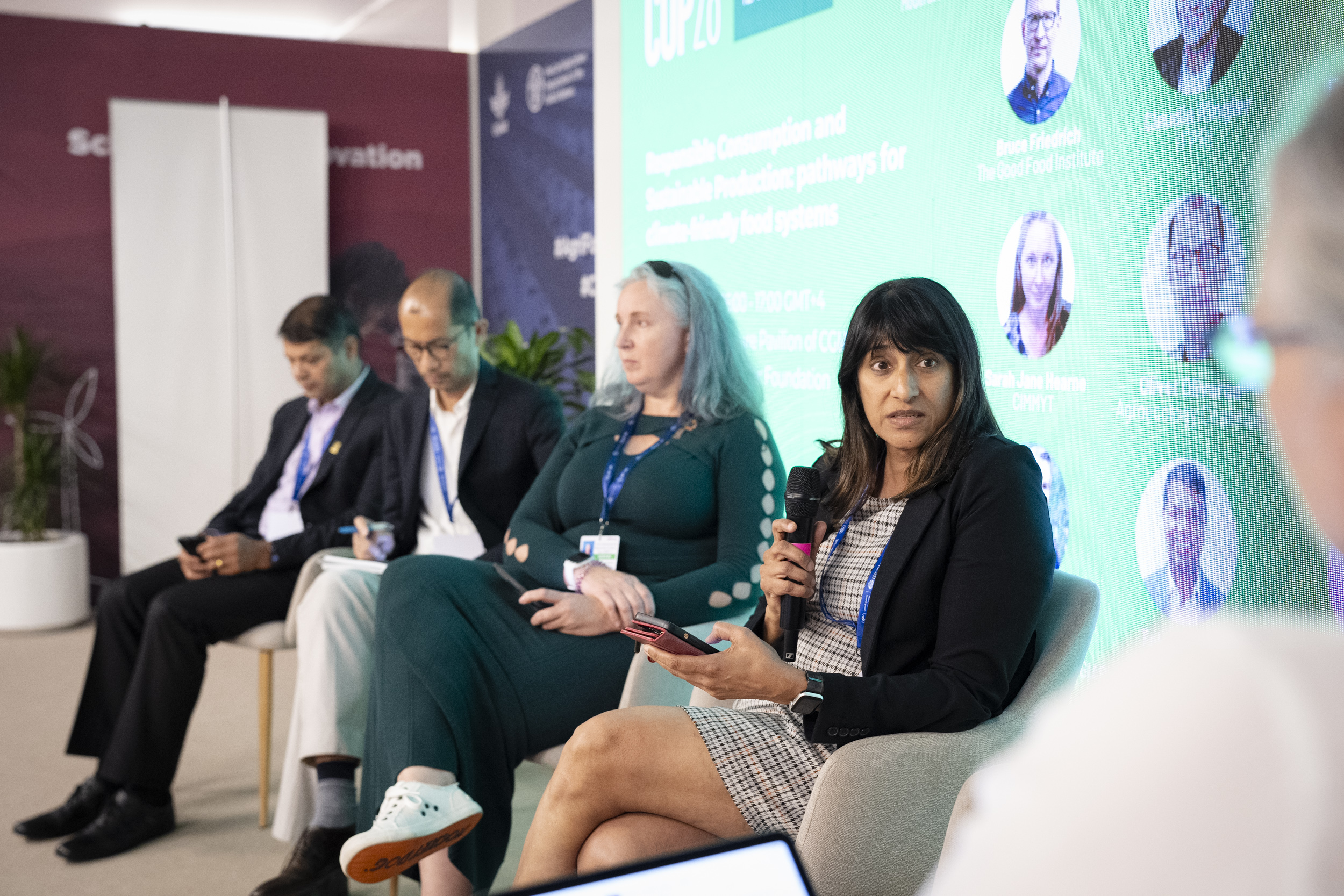Nutrition, health and food security
As staple foods, maize and wheat provide vital nutrients and health benefits, making up close to two-thirds of the world’s food energy intake, and contributing 55 to 70 percent of the total calories in the diets of people living in developing countries, according to the U.N. Food and Agriculture Organization. CIMMYT scientists tackle food insecurity through improved nutrient-rich, high-yielding varieties and sustainable agronomic practices, ensuring that those who most depend on agriculture have enough to make a living and feed their families. The U.N. projects that the global population will increase to more than 9 billion people by 2050, which means that the successes and failures of wheat and maize farmers will continue to have a crucial impact on food security. Findings by the Intergovernmental Panel on Climate Change, which show heat waves could occur more often and mean global surface temperatures could rise by up to 5 degrees Celsius throughout the century, indicate that increasing yield alone will be insufficient to meet future demand for food.
Achieving widespread food and nutritional security for the world’s poorest people is more complex than simply boosting production. Biofortification of maize and wheat helps increase the vitamins and minerals in these key crops. CIMMYT helps families grow and eat provitamin A enriched maize, zinc-enhanced maize and wheat varieties, and quality protein maize. CIMMYT also works on improving food health and safety, by reducing mycotoxin levels in the global food chain. Mycotoxins are produced by fungi that colonize in food crops, and cause health problems or even death in humans or animals. Worldwide, CIMMYT helps train food processors to reduce fungal contamination in maize, and promotes affordable technologies and training to detect mycotoxins and reduce exposure.
Mexico safeguards agriculture against invasive pests, diseases
 Nutrition, health and food security
Nutrition, health and food security
Mexico, with CIMMYT, blocked 1,463 risky shipments, protecting against 258 pests and highlighting climate change’s food security impact.
Crop technology from CGIAR, including CIMMYT seed varieties, contributes US $47 billion each year to the global economy according to fresh analysis of six decades’ worth of data
 Innovations
Innovations
Source: Seed Quest ()
A study in World Development reveals that CGIAR’s crop technologies, including significant contributions from CIMMYT, generate $47 billion annually in global economic benefits.
Sustaining Conservation Agriculture initiatives: lessons from Malawi
 Climate adaptation and mitigation
Climate adaptation and mitigation
Conservation Agriculture offers sustainable solutions for Malawi’s agriculture. Prioritizing farmer-centered approaches can drive widespread adoption, ensuring food security and climate resilience.
Revolutionizing food security: Africa’s millet renaissance
 Climate adaptation and mitigation
Climate adaptation and mitigation
With the right mix of policy support, technological innovation, and market development, millets have the potential to become the cornerstone of Africa’s resilient and sustainable agricultural future.
Bargaining for Better: How gender roles in household decision-making can impact crop disease resilience
 Gender equality, youth and social inclusion
Gender equality, youth and social inclusion
A study by CIMMYT found a positive association between women’s role in household decisions concerning crop production and the adoption and turnover of rust-resistant wheat varieties.
Borlaug Global Rust Initiative announces 2024 Women in Triticum (WIT) awardees
 Capacity development
Capacity development
The 2024 Women in Triticum Early Career Awards recognize early-career scientists for their advancements in wheat research and food security.
Pakistan-China wheat breeding cooperation ensures Pakistan’s food security, UN SDGs: experts
 Nutrition, health and food security
Nutrition, health and food security
Source: Xinhua ()
The Pakistan-China partnership, with CIMMYT’s support, aims to improve wheat yield and quality in Pakistan, targeting sustainable agriculture and advancement towards the Sustainable Development Goals.
Seeds of change: one woman’s mission to transform her community
 Capacity development
Capacity development
In Tanzania, community champions like Venansia Swale play a fundamental role in encouraging the adoption of improved seeds and increasing yields for smallholder farmers.
Enhancing food security and income for smallholder farmers in Angola
 Innovations
Innovations
Source: The World Bank ()
The SADCP in Angola, backed by CIMMYT, significantly boosted food security and incomes for 179,000 farmers by enhancing crop yields and sales through innovative farming practices from 2016 to 2022.
Accord of international center and Spanish cooperative seed supplier will bolster farmers’ access to climate-resilient wheat in the Mediterranean Basin
 Climate adaptation and mitigation
Climate adaptation and mitigation
Wheat breeding lines that pass testing under Mediterranean heat and dry conditions are specially suited for rainfed farming around the Basin, including in North Africa.
Prospect of boosting lentil production bright in Rajshahi region
 Innovations
Innovations
Source: daily observer ()
The collaboration between CIMMYT, RWMRC, and the Krishi Gobeshona Foundation aims to revolutionize lentil production in Rajshahi, Bangladesh.
Scientists at NaSARRI to develop iron and zinc bio-fortified sorghum
 Nutrition, health and food security
Nutrition, health and food security
Source: Charmar News ()
CIMMYT, in partnership with NaSARRI and stakeholders, is pioneering a project in Uganda to biofortify sorghum with iron and zinc to reduce malnutrition in East Africa.
CIMMYT joins global efforts to curb greenhouse emissions and strengthen food systems
 Climate adaptation and mitigation
Climate adaptation and mitigation
CIMMYT promoted ways to lessen climate shocks, especially for smallholder farmers who inordinately suffer the effects of climate change, including rising temperatures and extended droughts.
Researchers push for adoption of high-yielding millet varieties in Busia
 Climate adaptation and mitigation
Climate adaptation and mitigation
CIMMYT and partners are spearheading the adoption of high-yielding millet varieties to boost food security and tackle climate change.
Padma Shri for Kashi scientist Ravi Prakash Singh
 Nutrition, health and food security
Nutrition, health and food security
Source: The Times of India ()
Dr. Ravi Prakash Singh, associated with CIMMYT, is awarded the Padma Shri.


